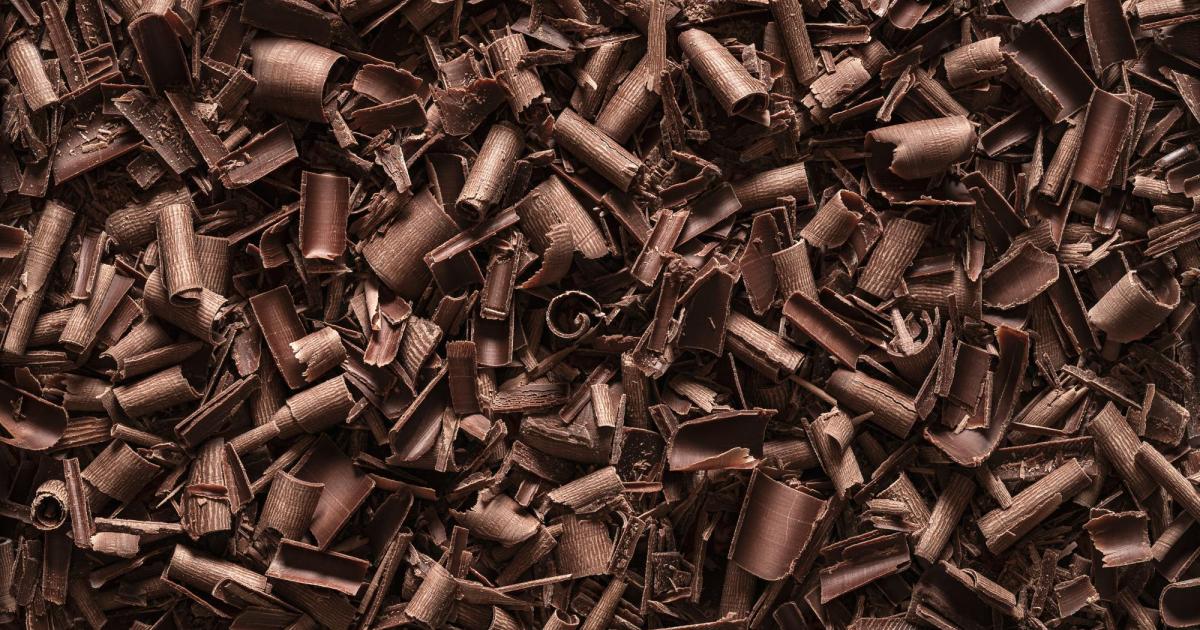The world market price for Cocoa has really exploded in the last few months. While a ton of cocoa cost $2,500 last September, it has now risen to over $10,000. Currently it is still around 7.500 Dollar.
“We can assume that we will see significant price increases in the chocolate sector in the next few months,” says Hartwig Kirner Managing Director of Fairtrade Austria.
Warehouses are emptying
Most retailers’ warehouses are emptying. Many who previously had futures contracts and were therefore able to buy cocoa at cheaper prices will have to stock up at significantly higher prices from autumn at the latest, says Kirner.
Katharina KoßdorffManaging Director of the trade association of the food industry, points to additional factors for the price increase: Manufacturers would also have to shoulder the increased costs for transport, energy, packaging and personnel, she is quoted in a press release on Wednesday.
Price negotiations between Rewe and Mondelez
The first effects are already evident in supermarkets. In many Billa branches are currently none Milka chocolates to get. The reason is price negotiations with the US consumer goods giant Mondelez, to which Milka belongs. Also the Swiss manufacturer Lindt & Sprüngli has already announced price increases due to the sharp rise in cocoa prices.
Farmers have had little benefit so far
Fairtrade managing director Kirner is not happy about the high prices for raw cocoa: “The price surcharges are completely disrupting the market. That’s not healthy for anyone.” Farmers have not received much of the price increases so far. This is because in the main producing countries Ghana and Ivory Coast – the for 60 percent of global cultivation – the price of cocoa is regulated by the state.
For this year’s harvest it was set in September at around 1.500 Euro pro Tonne, i.e. 6,000 euros less than the current price on the raw material exchanges. Recently there were increases of up to 50 percent announced.
Harvest declines
The harvest declined sharply last year, also due to the consequences of climate change. “The rain patterns are changing, El Nino has made this even worse,” says Kirner. The cultivation areas would shift further and further south. Because prices have remained at a low level for decades, many farmers have also stopped growing.
Fairtrade Managing Director Hartwig Kirner
The price explosion has also contributed to the fact that cocoa is currently being smuggled on a large scale, says the Fairtrade managing director: “The cooperatives are no longer receiving their goods and cannot fulfill their contracts.” The price surcharges would also lead to other regions, for example Ecuador, massive investments will be made in expansion. If volumes increase again, prices could plummet again, says Kirner.
Minimum price and premium
Fairtrade supports cocoa farmers with a guaranteed minimum price and a Fairtrade Premium of 20 percent. The cooperatives use the money to invest in more climate-resilient plants or drying systems. “We also support you in meeting legal requirements,” says Kirner.
Geo coordinates must be recorded by the end of the year due to the EU deforestation regulation that has already come into force. The recently passed supply chain law also presents farmers and companies with new requirements.
Fairtrade sales increased despite inflation
High inflation had little impact on Fairtrade sales in Austria last year. Sales increased by 12 percent on 663 million euros. Cocoa beans even turned over 13 percent to 9,690 tons. There were numerous new listings in the trade last year.
663 million euros
were implemented in Austria in 2023 with Fairtrade products
12 percent
The increase was compared to the previous year, when sales amounted to 592 million euros
The largest increases occurred in orange juice (20 percent), Cocoa beans (13 percent) and Rosen (8 percent). Green coffee, Bananas and Cane sugar remained approximately constant. Sales of FairtradeCotton fell by 11 percent due to the cancellation of a sales campaign.
79.3 million dollars
The producer organizations received money from the sale of Fairtrade products in Austria last year
For green coffee, which also recorded strong price increases last year, sales remained largely constant with a slight increase of 0.2 percent. This shows the resilience of Fairtrade products in Austria, says Kirner. Sustainability is very important in Austria.
